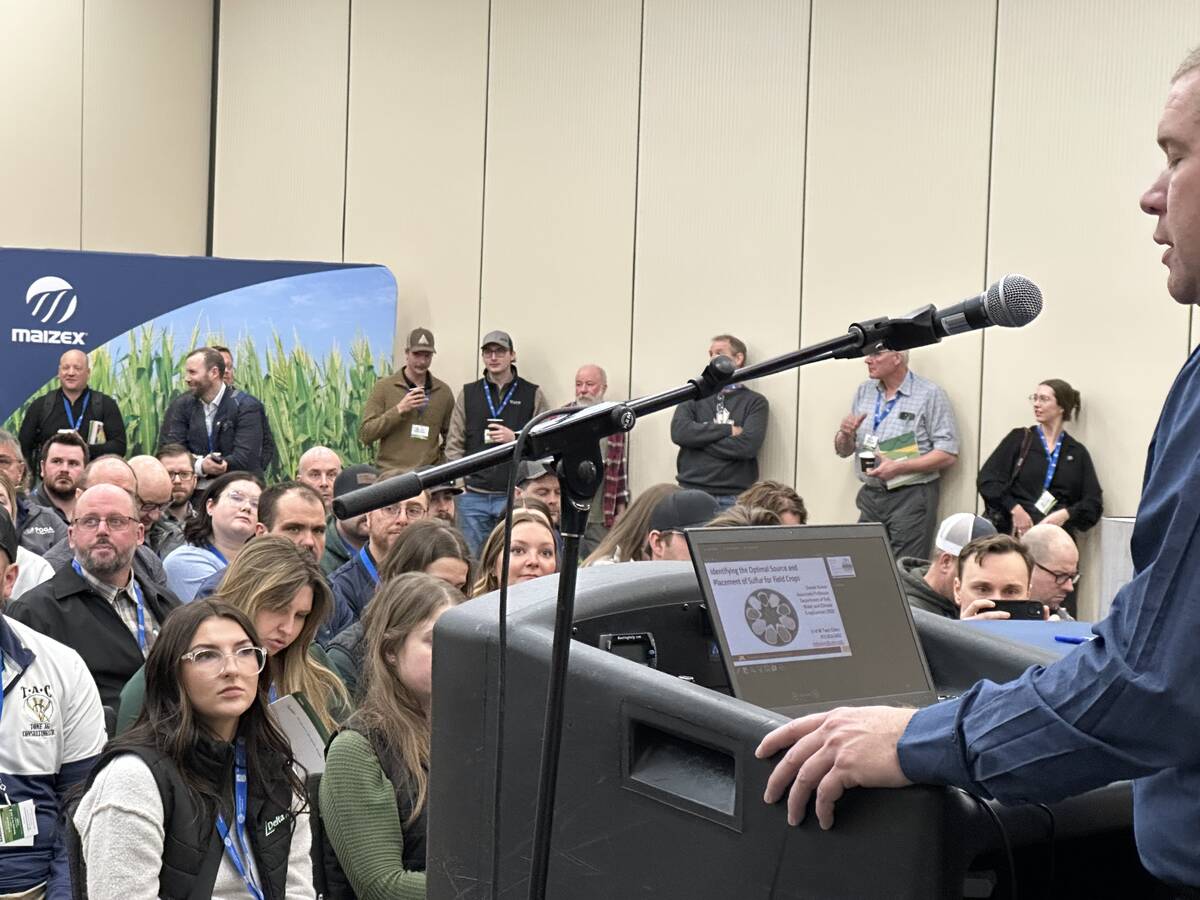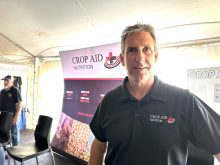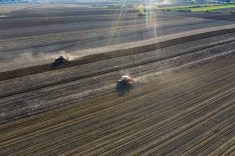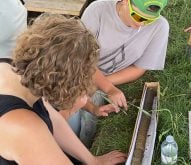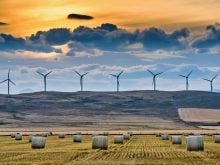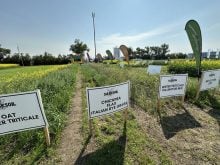At a recent agricultural conference in Winnipeg, I sat through a soil science session that left my notebook looking like something out of a spy thriller. Scrawled across the margins were chemical names I couldn’t spell, acronyms I didn’t understand, and a recurring shorthand: “L/U” — short for “look up.” It’s my way of flagging the terms that fly over my head so I can unravel them later.
The speaker, a soil scientist, was sharp and efficient, clearly trying to fit 16 site-years worth of information into a 40-minute talk. I respect that. But as someone who didn’t grow up on a farm — and who learned about agriculture from this job, not from the back of a combine — it can be overwhelming.
Read Also
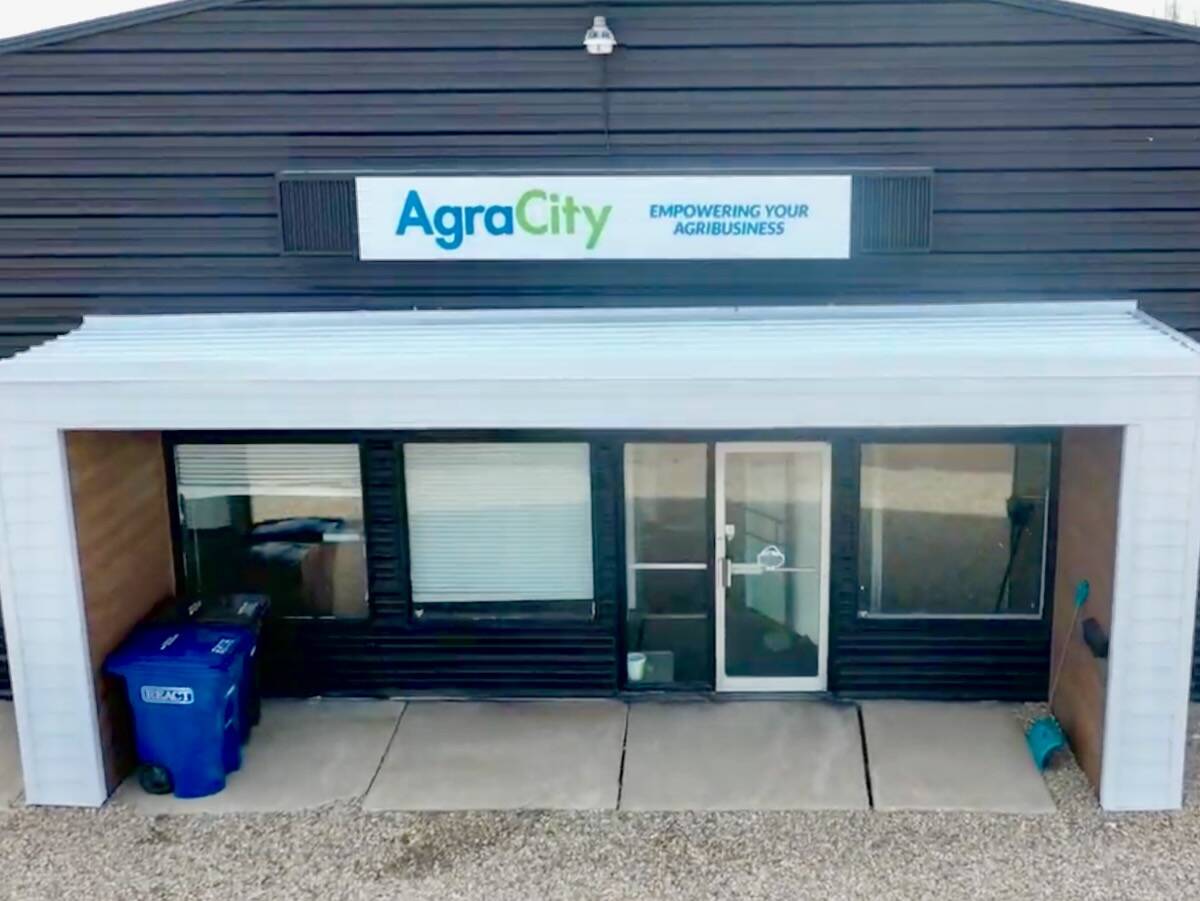
AgraCity’s farmer customers still seek compensation
Prairie farmers owed product by AgraCity are now sharing their experiences with the crop input provider as they await some sort of resolution to the company’s woes.
There’s an assumption baked into these talks that the audience speaks the same technical language. Usually the agronomists in the room understand, and many of the farmers do, as well. They know how sulphur interacts with soil pH, what microbial mineralization means, and which enzyme kicks off the nitrogen cycle. But for me, it’s like jumping into a university course halfway through the semester and trying to catch up.
So my job becomes a bit like codebreaking. I have to take the specialist language of science and translate it into something useful — not just readable — for an audience that’s smart, practical and deeply experienced. I can’t dumb it down. I can’t get it wrong. And I definitely can’t just reprint the PowerPoint slides.
What follows that kind of session is often hours of digging: reading papers, cross-checking terms, calling researchers to confirm I’ve got it right. That’s the part nobody sees when they read the finished piece. But it’s where the real work happens — where jargon gets transformed into meaning.
For me, covering a conference isn’t just about sitting in a room and listening. It’s about deciphering a language I didn’t grow up speaking and turning it into a story someone will actually want to read.
It gets easier each time. The more I do this, the more familiar the terms become, and the faster I can spot the story beneath the science. And truthfully, I love it. Every article is a chance to learn something new — and that’s the best part of the job.


